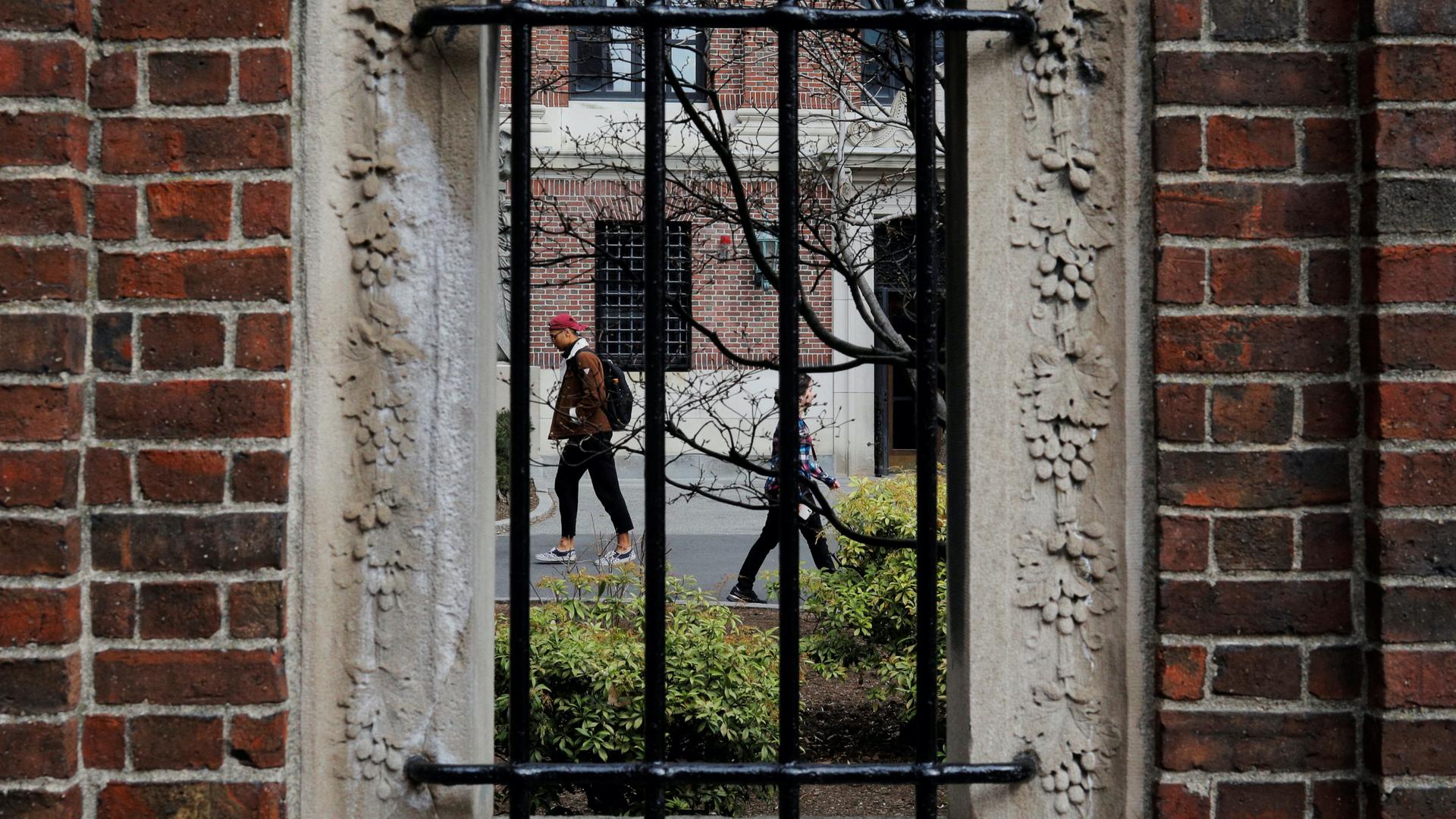Visa restrictions on Chinese students will disadvantage US, says Queens College president
For American universities, catering to international students is big business. Each year, more than 1 million come here to study. About a third are from China.
But come fall, many may be absent. This week, the Trump administration announced that international students would not be allowed to enter or remain in the US if their colleges and universities are online-only this fall. The move drew swift backlash from higher education administrators and advocates. Harvard University and Massachusetts Institute of Technology filed a lawsuit against the government Wednesday to block the measure.
Unlike domestic students, international students often pay full tuition — which helps universities to fund scholarships and their general operations. International students injected nearly $45 billion into the US economy in 2018.
For some international students, remote learning could mean attending classes in the middle of the night, dealing with spotty or no internet access, losing funding contingent on teaching, or having to stop participating in research. Some are considering taking time off or leaving their programs entirely.
Frank Wu, president of Queens College in New York, has written about the US government’s complicated relationship with students from China. He joined The World’s host Carol Hills for a conversation on the Trump administration’s new guidance and its impact on international students in the US.
Related: Universities scramble to help international universities stay in US after new visa restrictions
Carol Hills: Frank, how do you interpret this move by the Trump administration? Is it about politics or public health?
Frank Wu: It’s about everything. Nothing happens in a vacuum. Even before this, there was suspicion and statements, including by the president himself, that almost all students coming from China are spies. That was said by the president at a private dinner. And it made the news, but the story didn’t stick, which was just one of many things that are said along similar lines. About 350,000 students per year have been coming from China. That’s pre-pandemic. So they’re the biggest part of the international student population.
But there is a public health piece to this. I mean, one could say that you’re working on the basis of public health if you’re restricting students from overseas from coming to the US. What’s your sense of that?
Oh, absolutely. That probably isn’t the reason, because at the same time this ban on foreign students was announced, the president said he would pressure states to pressure schools, including colleges, to reopen. So, it doesn’t make sense to say, well, let’s have everyone reopen, but then let’s keep out people from places with lower rates of the coronavirus.
Do you think many Chinese students enrolled at American universities will just say, “Forget it, I’ll enroll in a university in Asia or Europe instead”?
That’s already happened. For many international students, the United Kingdom looks very popular, or just staying home. We face a real risk of a reverse brain drain. So, I’m an American. I was born here in the United States, grew up in Detroit. My parents, they were born in China. They grew up in Taiwan, and they came to the United States in the 1960s, that bygone era when America was welcoming people. And America invested in them. They didn’t just come. They came as scholarship students. America wanted to recruit them. It was a good investment because my parents became citizens, taxpayers, contributors. My family has staked its fortunes on this side of the Pacific Ocean.
It’s pretty clear you interpret this move by the Trump administration as a move against China and Chinese students. What does the US lose if many of these students decide to go to another university and not wait it out for trying to finish at a US university?
America risks losing its competitive advantage. What we have is freedom and opportunity — and that attracts the most talented from everywhere else. Imagine if everyone of Chinese descent just vanished overnight. What would happen to the physics department at most universities? What would happen in Silicon Valley? What we risk losing is the talent that we’ve been able to recruit that has driven American entrepreneurial activity, scientific research and progress.
As president of Queens College in New York, how are you responding to these new guidelines on international students?
The chancellor [Félix V. Matos Rodríguez] of the CUNY system — we’re part of a system — issued a powerful statement as soon as the guidelines came out saying that this is bad, not just for our students, it’s bad for our institution. And I stand with him. We want to support all of our students regardless of their identity. We want to provide a high-quality, affordable education.
Do you have students who are directly affected by these new guidelines?
We’re taking a look. I am sure we have students who could be affected. We’re looking at everything that we can do to support them, to keep them in the system and to ensure that they’re educated and that they value what America has offered.
This interview has been edited and condensed for clarity. Reuters contributed to this report.
